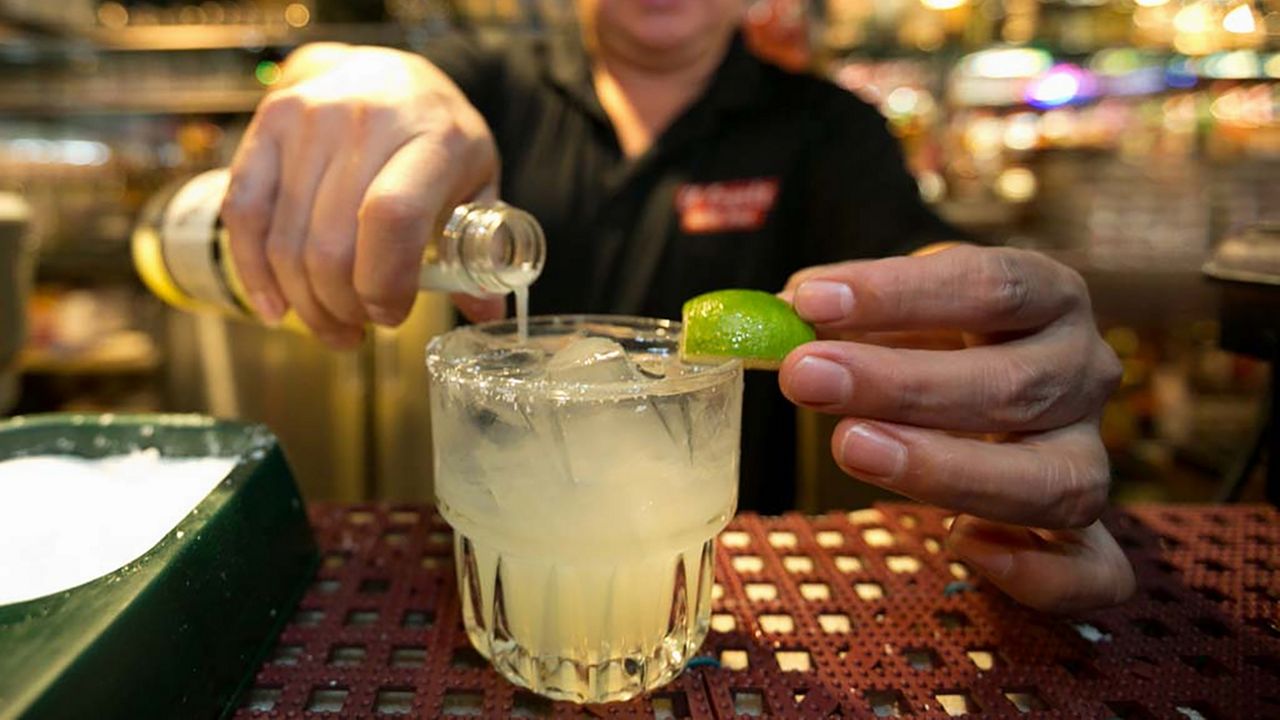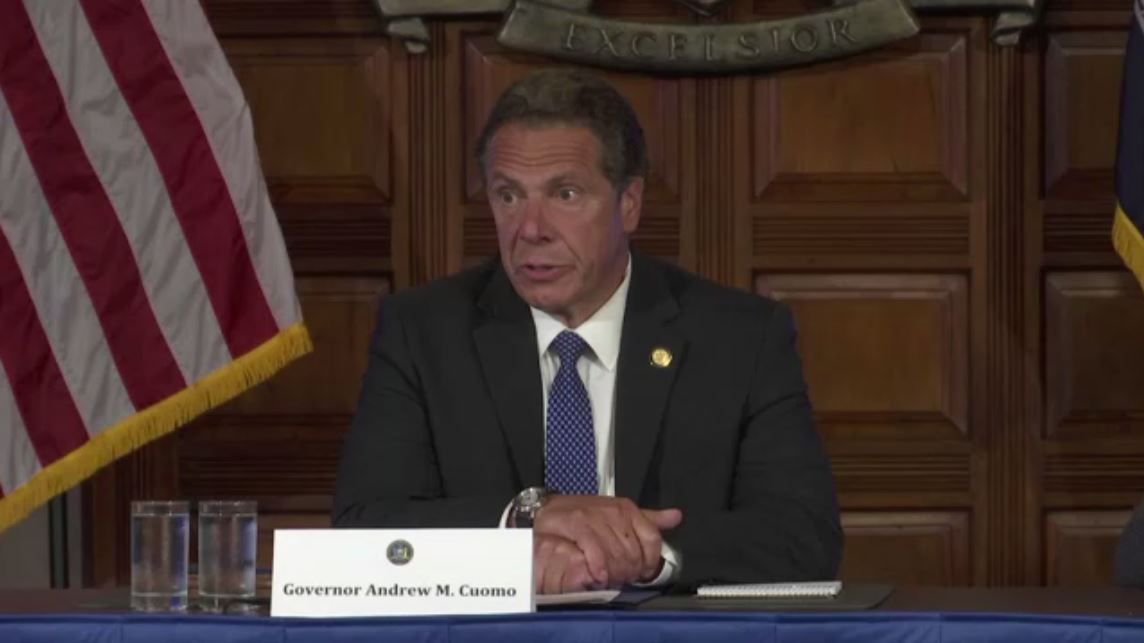Over the next two years, most 16- and 17-year-olds accused of crimes will be treated as juveniles, not adult defendants. That means sending them to family court. And It means new facilities that will keep them physically separate from inmates 18 and older. For local law enforcement, that's a big change.
"This is going to be a lot of training for law enforcement," said Albany County Sheriff Craig Apple. "This is something that should be really integrated now into the police academies, otherwise we're going to have to do all kinds of retraining with our cops because, let's face it, this is something new."
The law approved this year is fully taking effect in October 2018. Aspects of it, such as sealing criminal records for many 16- and 17-year-olds, are already in place. But a lot more needs to be done. When an arrest is made now, the process is a relatively straightforward one for the police.
"That's all going to change, because now you're dealing with family courts. Family court isn't always in session. Where are they going to be held?" Apple asked. "Obviously the jail's off limits, so am I going to have people in the police station watching them?"
Prosecutors like Washington County District Attorney Tony Jordan also have concerns, including the balancing the defendants' best interests with public safety.
Basic concerns remain for county governments: When a juvenile defendant is awaiting trial, where would they be housed? For some counties, the answers aren't obvious just yet. But the Cuomo administration, which pushed for the last several years to see the raise the age law pass, is working on its implementation with county leaders and state agencies, meeting multiple times in recent months to iron out the details.
"Providing information to members of the public, providing information to individuals who are interested in raising the age and what it's going to mean in their communities," said Cuomo administration counsel Alphonso David. "We will be working with them in the process for the next few weeks, the new few months, because at the end, we will understand what all the issues are in the various districts because as you know, they are unique."
And Raise the Age advocates insist the change won't be a drastic one when it comes to the caseload for local law enforcement.
"The actual total sum number of cases will not be increasing statewide, so we believe that will be able to have the resources that are needed," said Stephanie Gendell, the associate executive director of the Citizens Committee on Children.
But there will now more people included in those cases, like probation officers and social workers, to create a more personal and hands-on approach.
"With Raise the Age, there's a lot of direct supervision -- something you don't get in an adult criminal court," Apple said. "Family court's involved, probation is involved, social services is involved. You have a lot of one-on-ones."
The hope for Raise the Age advocates is that by separating those under 18 from adults, their return home won't be a U-turn to prison.
"These new youth facilities will keep young people away from adults and provide the services that are developmentally appropriate," Gendell said, "so they will no longer engage in criminal activity."
At the same time, Jordan says prosecutors will be less involved with younger defendants, whose point of contact will become probation officers, not DAs.
"Those types of diversion programs will occur largely without any input from our office or even knowledge of our office," Jordan said. "It will be similar to the 14- and 15-year-old in the family court. We simply won't know to about their prior involvement to a large extent in the criminal justice system."










